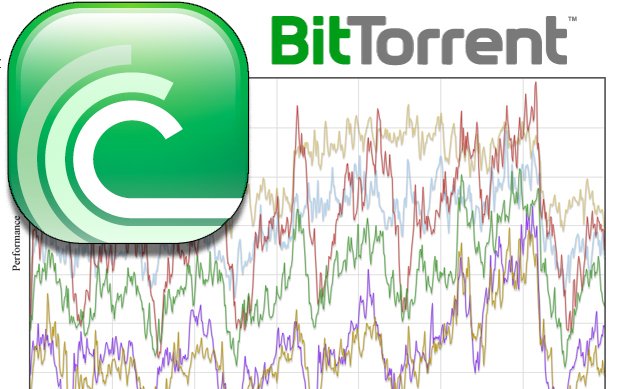
The legality of BitTorrent use and the moral dilemma that comes hand in hand with media pirating is as pertinent an issue as gay rights or abortion laws (well, at least on the internet it is), and being the radical audiophile anarchists we at Tiny Mix Tapes are, we can’t help but root for the little guys who are doing their part to deliver the coup de grâce to the rapidly diminishing music industry. Never before has such a revolution been spearheaded by millions of frugal basement dwellers sitting on their asses and collectively deciding to stick it to the man. However, a recent study conducted by Northwestern University and Telefónica Research has revealed information suggesting that, with the growing amount of data being downloaded by BitTorrent users, ISPs such as Comcast (who are well known for capping their bandwidth in order to stagnate BitTorrent traffic) are actually profiting from the increased use of bandwidth (and here you were sitting in your Cheeto-dust-stained Che Guevara t-shirt, thinking you were taking chunks out of capitalistic society).
According to Torrent Freak, over a test period of two years, researchers monitored a sample of 500,000 people in 169 different countries and found some interesting conclusions. For example, between November 2009 and November 2010, the average download volume per user per hour had increased by 25% (a change of 110 MB/hour to 139 MB/hour), while the number of unique users dropped 10%. In total, the absolute increase in BitTorrent traffic increased by more than 12% between 2009 and 2010. Another facet of these findings is that a large percentage of BitTorrent traffic never leaves the country, and instead stays local (32%) while another 41% travels to just one other country.
So what does this all mean? Simply put, large ISPs who own the infrastructure (i.e., wires), such as Comcast, Virgin Media, and France Telecom, are attracting heavy downloaders who wish to spend more on their internet services for an increase in bandwidth. And since a large percent of BitTorrent traffic is local (or shared on these ISPs’ networks) it doesn’t cost them anything. Don’t fret though, there’s still a downside for smaller ISPs (such as Verizon, AT&T, and Sprint) who rent bandwidth and infrastructure from larger ISPs. Since they pay rent to the larger ISPs, any increased moving in data costs them, even if it’s local. And so, while the garroting of corporate profits marches on, we all must remember that corporations are people too (people with megalomaniac complexes, a disproportionate amount of control over political, economic, and social developments, and the power to suck you dry and make you love every second of it).